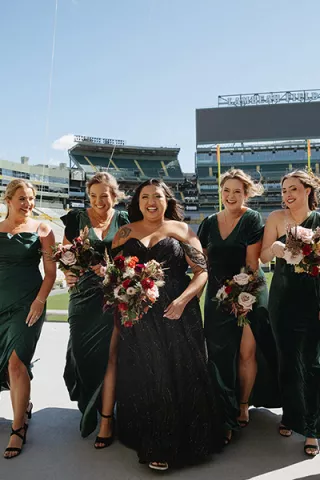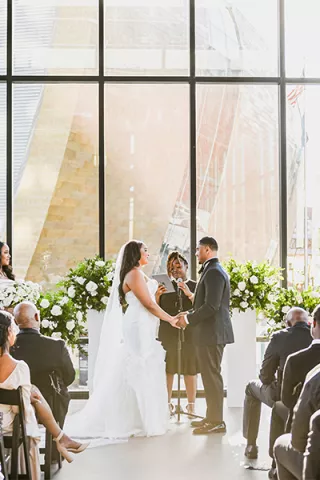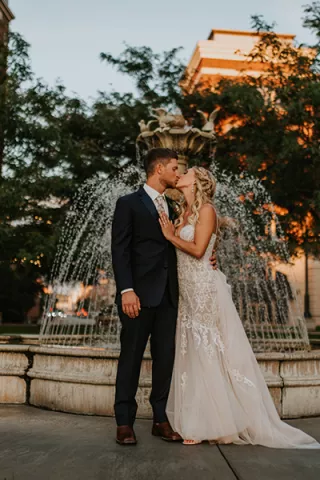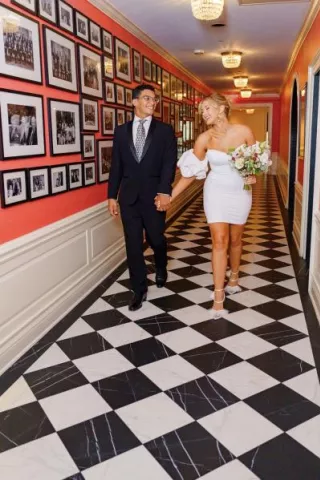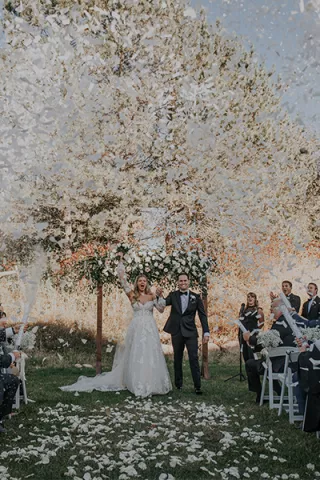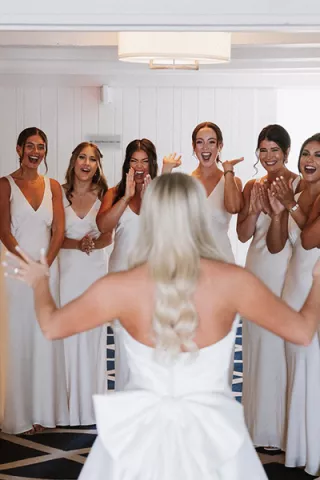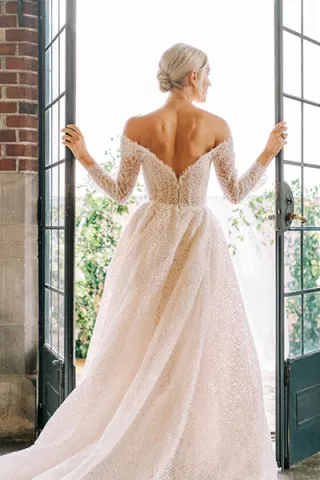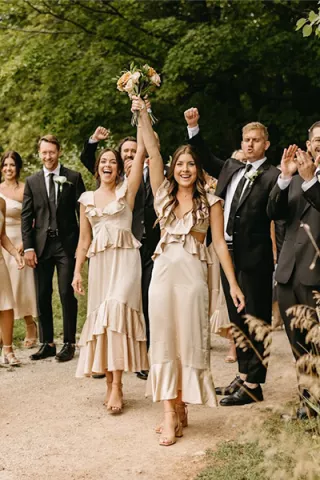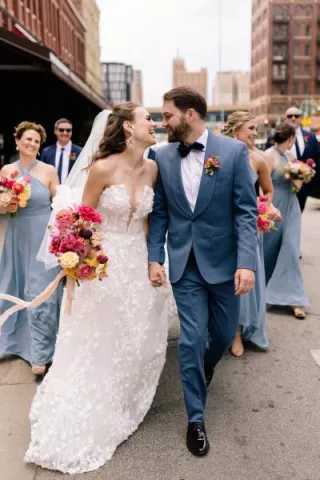This article courtesy of the Avvo NakedLaw blog
After years of groundwork, decades of waiting, and generations of oppression, Americans in both same- and opposite-sex relationships can enjoy the magnificence of matrimony, which begs the question: when can we start wedding planning?
On June 26, 2015, in a 5-4 opinion the U.S. Supreme Court held that marriage is a fundamental right under the 14th Amendment to the U.S. Constitution. Accordingly, infringing upon this right by denying proper marriage licensure to same-sex couples is now considered an unconstitutional intrusion upon a basic American freedom, and same-sex marriage must be permitted, recognized, and acknowledged in all 50 states.
Along with this sweeping victory comes a wave of weddings for those who have patiently waited—some, for their entire lives—to solidify and solemnize their relationship. However, as many same-sex couples anxiously plan their long-anticipated “I do’s,” the not-so-glamorous legal implications of wedding planning may cause additional stress, so understanding the legal landscape is strongly recommended.

Working with vendors
Although it might seem counterintuitive, the Court’s marriage ruling did not, broadly speaking, impact small business wedding vendors in any way. In general terms, the Court addressed the constitutionality (or, lack thereof) of denying marriage and marital benefits to couples based on sexual orientation. After pages of analysis, the Court’s majority decided this sort of line-drawing went against the Constitution, and its opinion means that local towns, municipalities, and states must now issue licenses to any unmarried, adult, unrelated couple that seeks to wed.
What was not mentioned in the opinion was whether small businesses must follow suit and offer services for same-sex weddings. This issue falls under an entirely different line of Court precedent involving the commerce clause, which is found in Article I of the Constitution and gives Congress the power to regulate interstate commerce, and various anti-discrimination statutes.
So, what does this mean for same-sex couples looking for a wedding florist? In many U.S. states (more on that next), a private sector wedding vendor may validly and constitutionally refuse service to a customer based on the vendor’s religious opposition to same-sex marriage. More generally, a vendor may refuse service to a potential patron without repercussion, provided the refusal is not based on racial discrimination. However, some states have taken a stand against this issue by fortifying religious autonomy laws or civil anti-discrimination statutes to navigate these murky waters.
Religious freedom vs. civil rights
Recognizing the awkward intersection between the First Amendment’s religious freedom protections and eliminating orientation-based discrimination, several U.S. jurisdictions have enacted regulations that address the floral fiasco described above. In many states, refusing to serve same-sex couples is considered a violation of well-established anti-discrimination laws pertaining to adverse treatment based on sexual orientation. If a same-sex couple is refused service, they could, with a high probability of success, launch a civil lawsuit and collect damages that would more than cover the cost of hiring another florist.
In other states, however, religious freedom laws have been either brought to the forefront or recently enhanced to make it clear that businesses enjoy the same First Amendment protections as any other party. In Louisiana, for instance, an executive order was entered in May 2015 that works to “prevent the state from discriminating against people or their business with deeply held religious beliefs.” Likewise, an additional 19 states maintain religious freedom or religious restoration acts that could be used to insulate business owners from liability for declining to work with same-sex weddings. Keep in mind, however, that not all these states have been tested on this front quite yet.

It’s like rain . . . on your wedding day.
Wedding vendor issues aside, same-sex couples may find it difficult to obtain an actual license to wed—despite the Obergefell v. Hodges decision. Counties and jurisdictions across the United States have vowed to uphold the “traditional” definition of marriage and have permitted local marriage authorities to refuse licenses to same-sex couples. This predictable maneuver will undoubtedly be challenged under the Obergefell decision, prompting the Court to consider the strength of the civil rights so conferred. When it comes to same-sex equality or any matter of discrimination, a local government must have a “compelling interest” to continue engaging in discriminatory conduct and must utilize the “least restrictive means” available to advance that compelling interest. Will citing religious autonomy as a compelling interest meet those standards? Results will likely vary, but regardless, the Court’s decision has provided quite a bit of protection, and same-sex couples should feel empowered to have their unions officially recognized under the law.
More legal information on marriage and related topics can be found here:
Marriage and prenuptial agreements
Government regulations for small businesses
 Avvo makes legal easier by providing free answers from lawyers, client reviews, and detailed profiles for 97% of all licensed attorneys in the U.S., so you can find the lawyer who’s right for you. Avvo Advocates write about legal issues in everyday life on the Avvo NakedLaw blog.
Avvo makes legal easier by providing free answers from lawyers, client reviews, and detailed profiles for 97% of all licensed attorneys in the U.S., so you can find the lawyer who’s right for you. Avvo Advocates write about legal issues in everyday life on the Avvo NakedLaw blog.

